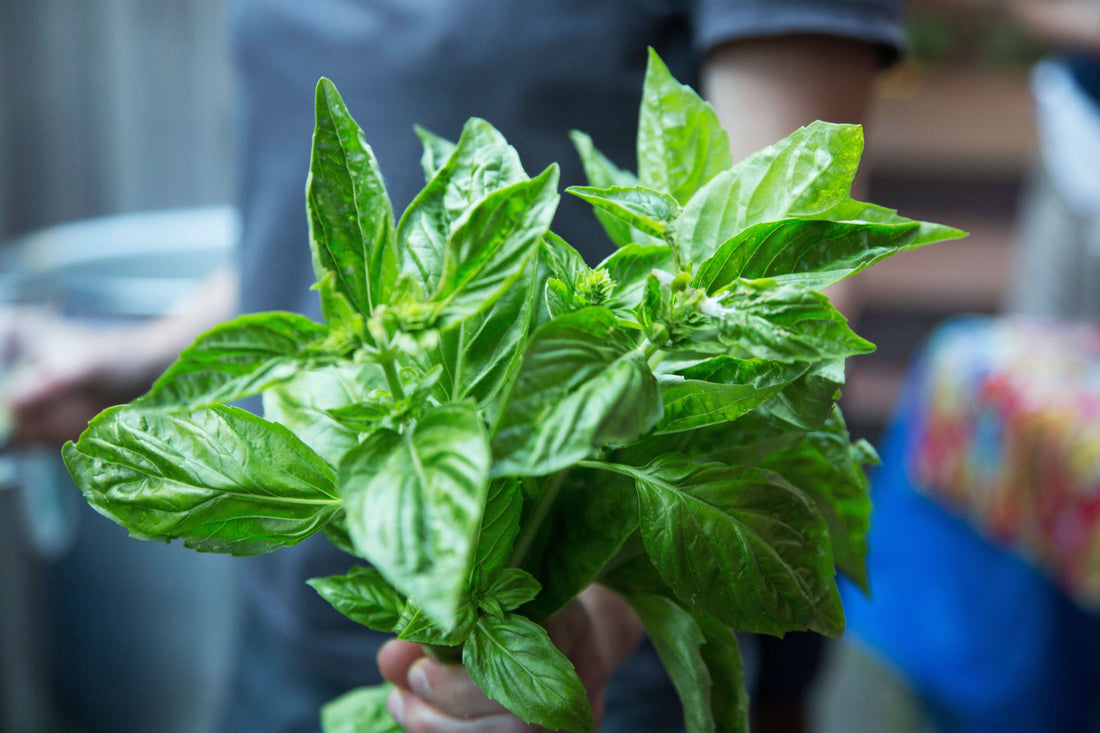
Discover the Best Way to Grow Organic Basil in the US
Share

Topics Covered:
1. Benefits of planting basil organically
2. Organic fertilizer for basil
3. Using worm castings in basil cultivation
4. Dairy compost as a nutrient-rich soil amendment
5. Step-by-step guide to planting basil organically
6. Conclusion
Why Plant Basil Organically?
Organic basil cultivation promotes soil health, reduces chemical exposure, and produces flavorful, nutrient-rich herbs.
Organic Fertilizer for Basil
Organic fertilizer, such as Soil Seed and Water's organic fertilizer, provides essential nutrients without synthetic chemicals, promoting healthy basil growth.
Using Worm Castings in Basil Cultivation
Worm castings, like Mikey's Worm Poop organic vermicompost worm castings, enrich the soil with beneficial microbes and nutrients, enhancing basil flavor and aroma.
Dairy Compost as a Soil Amendment
Dairy compost, such as Dan's Gold organic dairy compost, improves soil structure, retains moisture, and provides a slow-release source of nutrients for basil plants.
Step-by-Step Guide to Planting Basil Organically
1. Choose a sunny location with well-draining soil.
2. Prepare the soil by mixing organic fertilizer, worm castings, and dairy compost.
3. Plant basil seeds or seedlings according to spacing recommendations.
4. Water regularly, ensuring the soil remains moist but not waterlogged.
5. Mulch around the basil plants to retain moisture and suppress weeds.
6. Harvest basil leaves regularly to promote bushy growth.
Conclusion
By following organic agricultural practices and using organic fertilizer, worm castings, and dairy compost, you can enjoy a bountiful harvest of flavorful, aromatic basil while promoting environmental sustainability and soil health.

